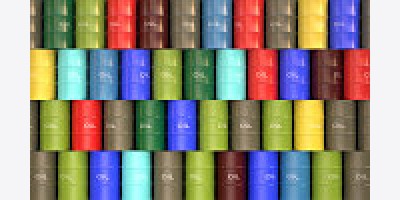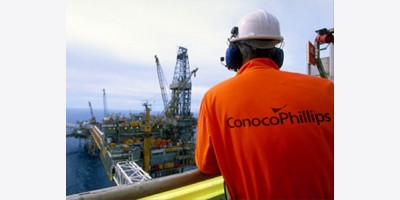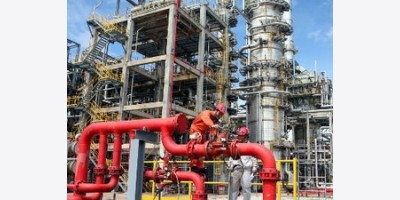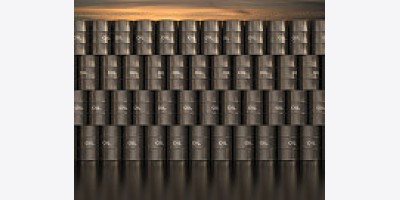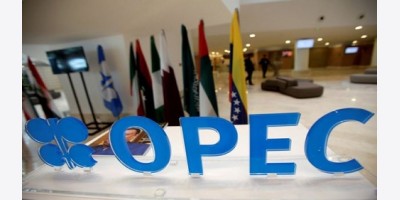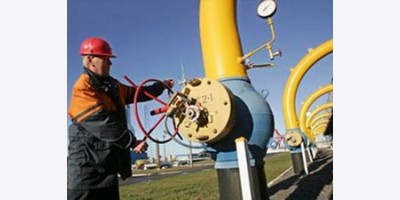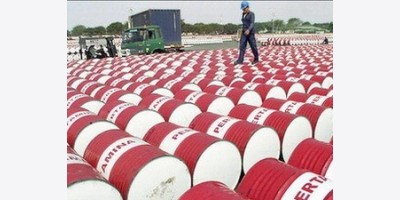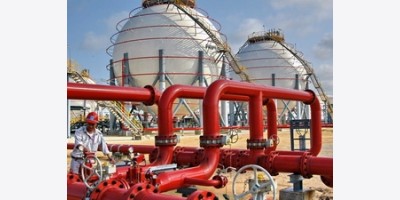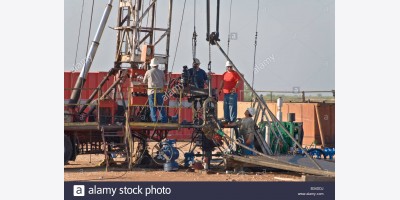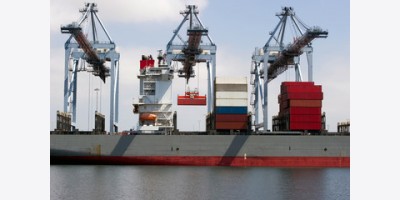The Energy Department gave conditional approval on Monday to an Oregon-based facility to export liquefied natural gas, in a move hailed by the energy industry and congressional lawmakers who want the U.S. to step up gas exports to counter Russian influence.
"Given the situation in Ukraine, this license sends a positive signal to our allies and to energy markets that the United States is ready to join the growing global gas trade," Sen. Lisa Murkowski, R-Alaska, said in a statement.
Lawmakers on both sides of the aisle for weeks have been pressing the Obama administration to expedite permits for natural gas exports, claiming it would send a powerful message to European allies, and Russia, which last week annexed the Crimean Peninsula. Even if immediate changes might not do much to help Ukraine and other Eastern European nations in the short term, advocates argue they would send a message that Russia's energy grip on the region will eventually weaken.
The Energy Department, without giving an indication whether its decision was motivated by the Ukraine situation, announced Monday that it would authorize the Jordan Cove Energy Project to export natural gas, from its terminal in Coos Bay, Ore., to countries that aren't already free-trade partners. The decision is still subject to approval by the Federal Energy Regulatory Commission.
"The development of U.S. natural gas resources is having a transformative impact on the U.S. energy landscape, helping to improve our energy security while spurring economic development and job creation around the country," the department said in a statement.
Lawmakers hailed the decision as a positive first step, as congressional panels prepared to begin reviewing legislation on Tuesday that would further expedite the approval of these permits.
"The economic and strategic benefits of natural gas exports have sparked a bipartisan chorus for action," American Petroleum Institute CEO Jack Gerard said in a statement. "Today's approval is a welcome step toward greater energy security, and our industry stands ready to help the administration strengthen America's position in the global energy market and provide greater security to our allies around the world. We urge the administration to continue making U.S. exports a priority."
The sudden attention on energy supplies stems from concern that Russia's robust oil and gas exports give it immense leverage over its neighbors. Ukraine gets about half its natural gas from Russia, while Europe gets about 30 percent from Russia.
The problem is a complicated Department of Energy permitting process, through which the secretary of Energy can deny applications to countries that don't have a free-trade agreement with the U.S.
The decision on Monday marked the seventh U.S. application that has been given conditional approval to export LNG to countries that don't have a free-trade agreement with the U.S.
Nearly two-dozen other applications remain pending.







